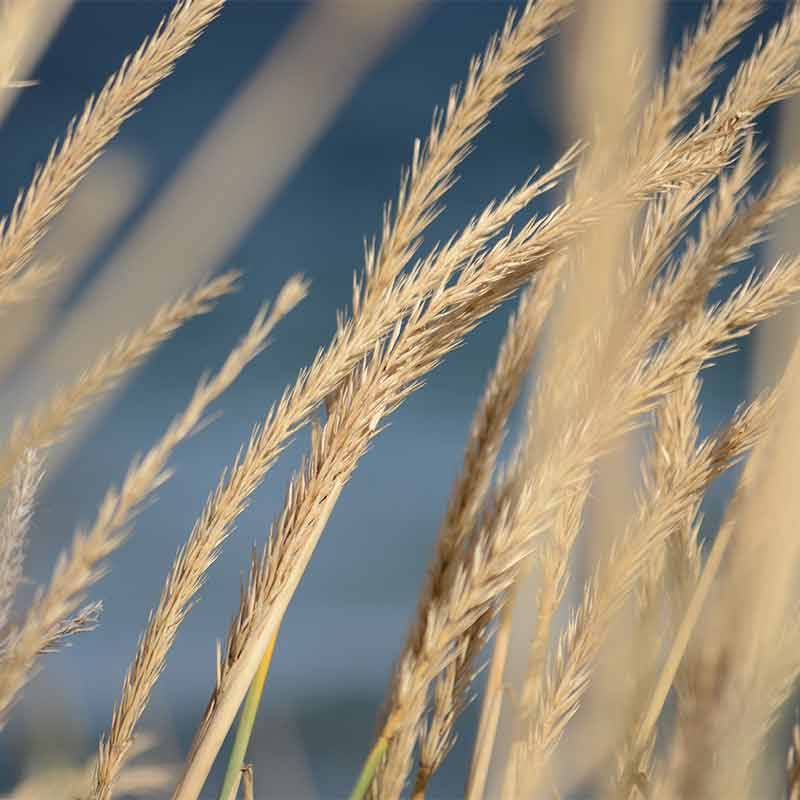Sustainable agriculture 101: introduction
Getting engaged on sustainable agriculture
The modern supply chain is responsible for 60 percent of all greenhouse gas emissions, 80 percent of all water use and 66 percent of all tropical deforestation. Take a closer look, and you’ll find that agriculture contributes to all of these impacts. As a growing population demands more food and more water, it leads to a strain on the environment.
There are massive financial opportunities for companies in serving these growing agricultural demands. However, in order to have a thriving company, you must also have a thriving environment. Companies are facing risks in their agricultural supply chains like never before, as climate change affects weather patterns, which affects crop production. Not to mention, numerous studies prove that your customers, investors and employees care about how you act on environmental sustainability. Therefore, addressing climate change is necessary for your company’s longevity and reputation.
How to use this guide
This guide is intended to help you and your company start incorporating a sustainable agriculture strategy into your business sustainability program. Our goal is to help you get informed about the issues and understand the key stakeholders. We invite you to adopt and adapt this handbook to best suit your team and company. Once you feel that you’re up to speed on sustainable agriculture issues, head over to our Build a sustainability plan 101 guide.
Jenny Ahlen
Director, Sustainable Food & Products, EDF+Business
Katie Anderson
Manager, Resilient Food and Forests, EDF+Business
Theresa Eberhardt
Project Manager, EDF+Business
Ame Igharo
Project Manager, Resilient Food & Forests, EDF+Business
Continue with: Sustainable agriculture 101: get informed – problem & solutions
